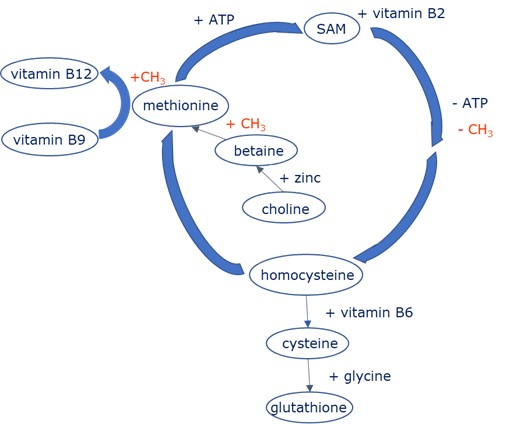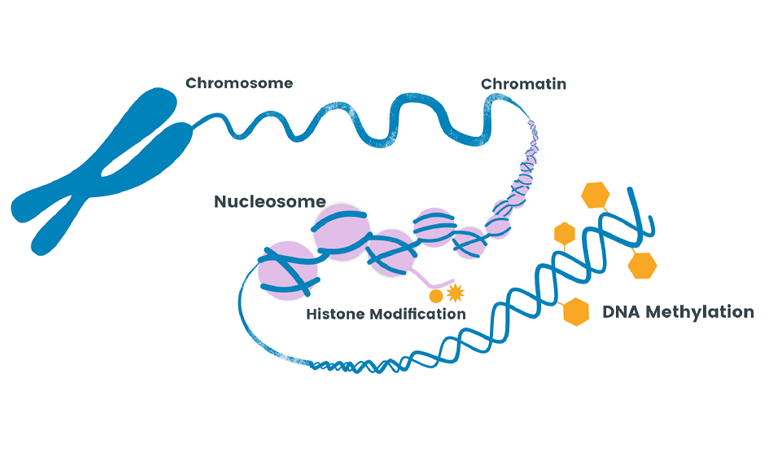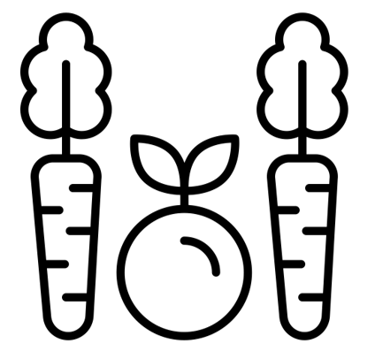Do you methylate well?


Methylation is a fundamental biochemical process that takes place in every cell of our body at an extremely rapid pace
In particular, that process is involved in hormonal activity, the synthesis of our body's proteins and neurotransmitters, and the repair of our DNA. Interestingly, it requires nutrients from our diet, both macro and micronutrients. The micronutrients involved are mainly B vitamins, especially B6, B9 and B12.
Let's see how methylation works:
The amino acid methionine, a macronutrient in our diet, combines with a molecule of ATP, the chemical energy produced by the mitochondria of our cells, to form SAM (S-Adenosyl-Methionine). SAM then yields the CH3 methyl group it received from methionine, releasing the ATP molecule to form homocysteine. The methylation reaction is a transfer, via methionine and SAM, of CH3 methyl groups between molecules within our cells, and the challenge is to ensure that it takes place without the accumulation of homocysteine, which is dangerous in excess. When everything's running smoothly, homocysteine is recycled into methionine or transformed into the antioxidant glutathione.
When there is a lack of B vitamins, this recycling and transformation does not take place properly, and there is an excess of homocysteine. One of the possible effects of this excess is a lack of methylation of the genes that promote tumor development, the oncogenes.
Do you know what can cause a lack of B vitamins? A diet based on processed foods, of course, but also excessive consumption of alcohol, tobacco, or coffee (coffee increases urinary excretion of B vitamins), or even certain medications. It's important to know that, even if it's almost never mentioned in the package leaflets, many drugs have an impact on intestinal absorption or urinary excretion of nutrients or disrupt their metabolism. Medication should really be seen as a last resort, and it is often far more effective to act upstream, through diet, which enables us to tackle the cause and not just the symptoms. This is the very essence of nutritional therapy. Of course, we won't be able to cure e.g., cancer by changing our diet; allopathic medicine has its place in many cases. But in the case of cancer, there are a series of risk factors that can be influenced by diet, and when cancer is confirmed, diet can also be used to help fight it.
Good to know about methylation: some of us carry a genetic mutation that leads to excess homocysteine. If, despite a good diet, your blood homocysteine level is above 10 micromoles per liter, it's worth checking whether you are affected by this mutation of the MTHFR gene. If so, you should supplement with calcium L-methylfolate, the stabilized form of 5-MTHF, which is the enzyme coded by this gene when it is not mutated, which is involved in homocysteine recycling.
To find out more, also read these articles:
About food supplements: https://isabellemaesnutrition.com/en/food-supplements
Methylation figure by www.labclinics.com


